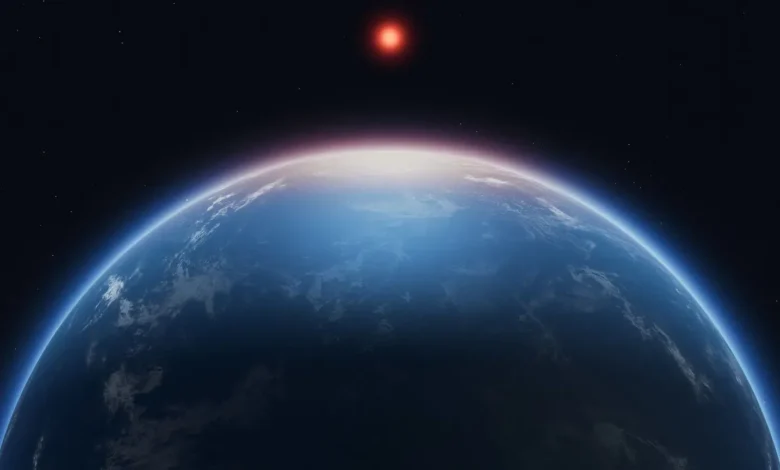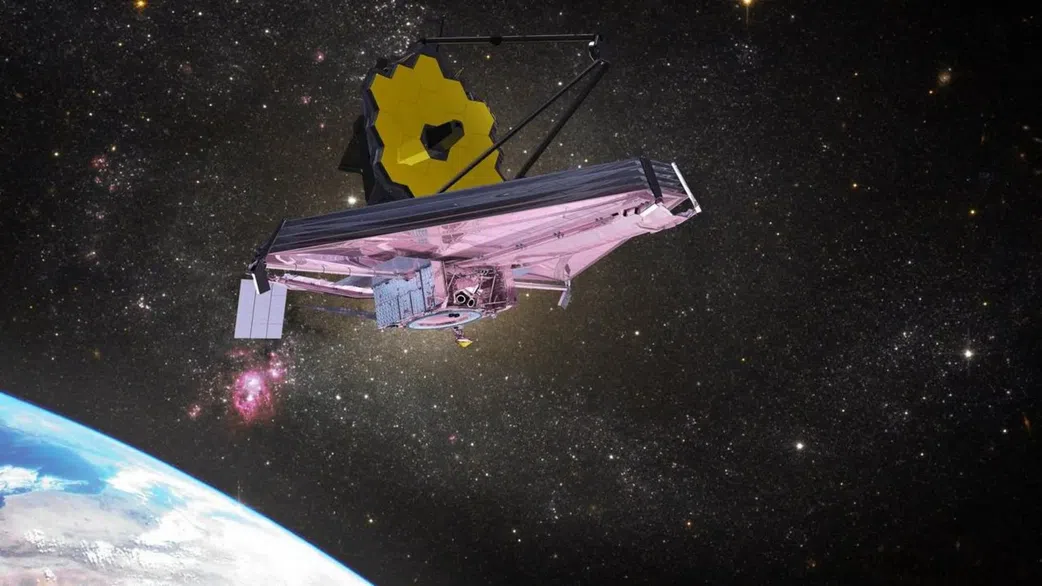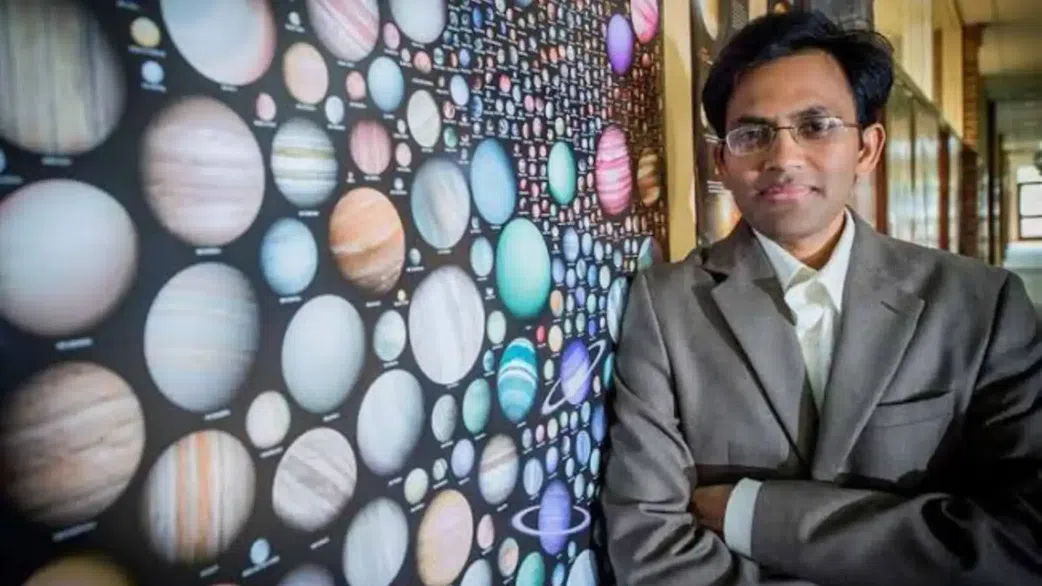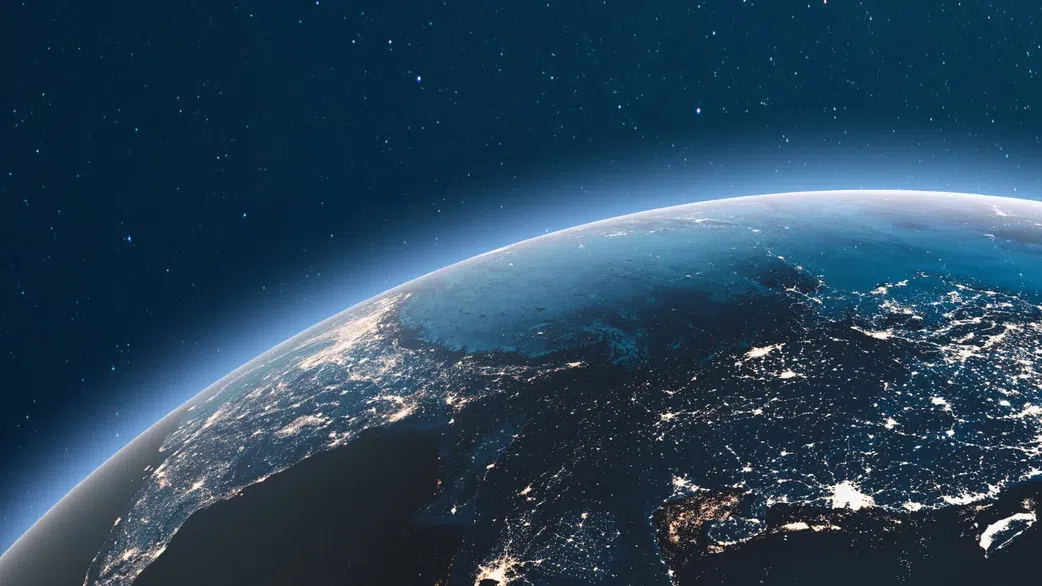Scientists discover ‘strongest evidence yet’ of life on distant exoplanet

Astronomers at the University of Cambridge have found potential indicators of life on a distant planet orbiting another star, reigniting the age-old question of whether humanity is alone in the universe.
The planet, K2-18b, lies 124 light-years away in the constellation Leo and is more than twice the size of Earth.
Using NASAтАЩs James Webb Space Telescope (JWST), the research team detected chemical traces in its atmosphere that, on Earth, are typically linked to microbial life.

Professor Nikku Madhusudhan, the lead researcher, told BBC Science correspondent Pallab Ghosh at Cambridge UniversityтАЩs Institute of Astronomy that he hopes to secure conclusive evidence soon.
ALSO READ: Mahama appoints new Tamale hospital CEO amid outrage over Dr AtikuтАЩs dismissal
This is the strongest indication yet that life might exist beyond Earth. I can realistically say we could confirm this signal within one to two years.
K2-18b is around two-and-a-half times the size of Earth and lies approximately 700 trillion miles, or 124 light-years, awayтАФfar beyond the reach of human travel.
The team believes the planet’s atmosphere may contain either dimethyl sulphide (DMS) or dimethyl disulphide (DMDS)тАФgases produced by phytoplankton and bacteria in EarthтАЩs oceans.
Professor Madhusudhan expressed surprise at the volume of gas detected during a single observation window.
The amount of this gas we estimate in the atmosphere is thousands of times greater than what we have on Earth,
If the link with life is valid, then this planet could be teeming with life.

He added:
If we can confirm life on K2-18b, it would strongly suggest that life is common throughout the galaxy.
Speaking to BBC Radio 5 Live, Professor Madhusudhan reflected on the broader implications:
This is a pivotal moment in scienceтАФand for us as a species. If we find one instance of life, then given the infinite nature of the universe, the probability of life on many more planets increases exponentially.
Despite the excitement, both the Cambridge team and independent experts caution that more data is needed before drawing definitive conclusions.
Dr Subir Sarkar, an astrophysicist at Cardiff University and a member of the team, said the data hints at the presence of a liquid ocean beneath K2-18b’s atmosphereтАФa key condition for life.
While itтАЩs too early to be certain, the evidence is compelling. WeтАЩre entering a new era of planetary science.
ALSO READ:┬а7 top journalists appointed to key government roles under President Mahama
Professor Madhusudhan added that even a single confirmed case of life beyond Earth would have profound implications:

In an infinite universe, one discovery could point to countless possibilities. This moment is not just scientifically significantтАФitтАЩs existential.
The researchers plan further observations using JWST and other instruments, with hopes of verifying the chemical signals and investigating the planetтАЩs environment in greater detail.







